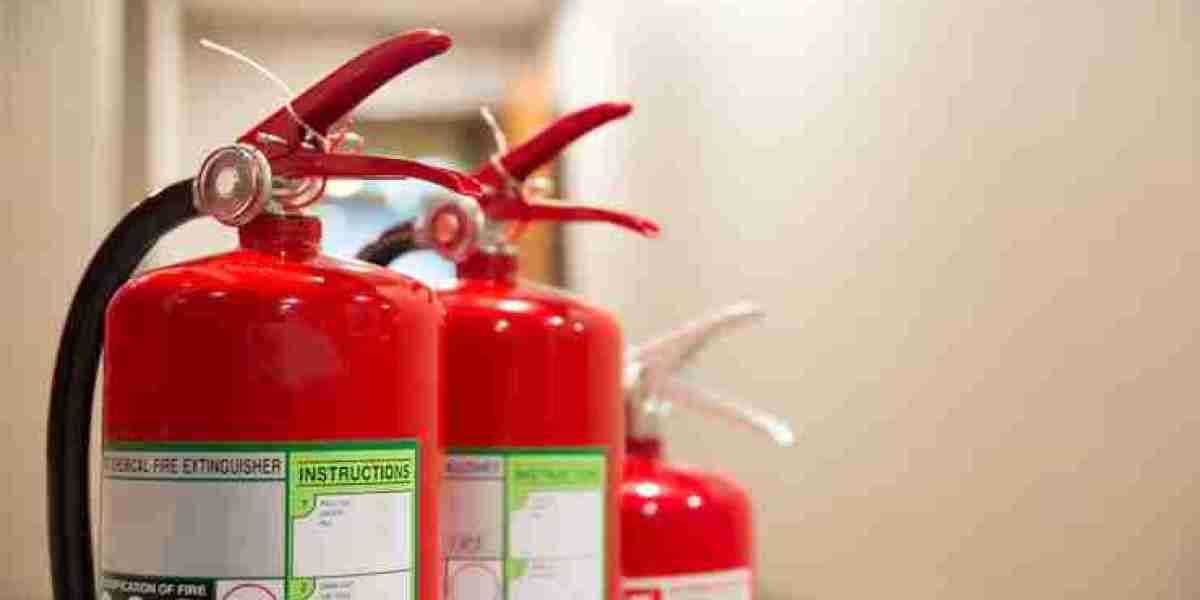In the realm of construction and safety, the importance of fire protection cannot be overstated. Fire incidents not only pose a risk to human life but also threaten property, infrastructure, and the environment. Enter passive fire protection specialists, a pivotal force in the architecture of safety. These professionals are dedicated to designing and implementing measures that prevent the spread of fire and smoke, ensuring that buildings can withstand fire incidents for a certain period. This article delves into the intricacies of what passive fire protection specialists do, the significance of their work, and why engaging their services is essential for any construction project.
Understanding Passive Fire Protection
Passive fire protection (PFP) refers to the integrated systems and materials used in a building to contain fires and protect the structural integrity of the building itself. Unlike active fire protection systems, such as sprinklers and alarms, which require action to combat a fire, passive fire protection is designed to work continuously without any human intervention. It encompasses various elements, including fire-resistant walls, floors, and ceilings, fire doors, fire dampers, and more.
The primary goal of passive fire protection is to compartmentalize a building, effectively limiting the spread of fire and smoke. By doing so, it allows for safe evacuation and provides critical time for emergency responders to manage the situation. Passive fire protection specialists are experts in this field, bringing their knowledge and skills to ensure that these systems are expertly designed, installed, and maintained.
The Role of Passive Fire Protection Specialists
Designing Fire-Resistant Systems
One of the core responsibilities of passive fire protection specialists is to design fire-resistant systems tailored to the unique requirements of each building. This involves a comprehensive understanding of building codes, regulations, and standards that govern fire safety. They assess the architectural plans and identify potential fire risks, then recommend appropriate materials and construction techniques that will enhance the building’s fire resistance.
For instance, in a multi-story building, the specialists may specify fire-rated walls between units to prevent the spread of fire from one apartment to another. They will also determine the appropriate fire-resistance ratings for various components based on the building's use and occupancy, ensuring that all aspects meet or exceed legal requirements.
Installation and Inspection
Once the designs are finalized, passive fire protection specialists oversee the installation of fire protection systems. This phase is critical, as correct installation is paramount to ensuring that the systems function as intended during an emergency. Specialists coordinate with construction teams to ensure that fire-resistant materials are installed correctly and that all systems work in harmony.
Post-installation, these experts conduct thorough inspections to verify that everything complies with the relevant safety standards. They check for common issues, such as gaps in fire-rated walls, improperly installed fire doors, or any breaches in the fire protection envelope. Their meticulous attention to detail ensures that the building is prepared to withstand a fire event.
Maintenance and Upgrades
Passive fire protection is not a one-time job; it requires ongoing maintenance and periodic upgrades. Specialists provide guidance on regular inspections and maintenance schedules to ensure that fire protection systems remain effective over time. This includes checking for wear and tear, ensuring that fire doors close properly, and verifying that fire-rated materials have not been compromised.
As building codes and regulations evolve, passive fire protection specialists also advise on necessary upgrades to existing systems. They stay abreast of new technologies and materials in the fire protection industry, ensuring that buildings are equipped with the best possible defenses against fire threats.
The Importance of Engaging Passive Fire Protection Specialists
Protecting Lives and Property
The most compelling reason to engage passive fire protection specialists is the protection of lives and property. In the unfortunate event of a fire, well-designed and properly installed passive fire protection systems can mean the difference between life and death. They provide critical time for occupants to evacuate safely and for firefighters to control the blaze.
Furthermore, passive fire protection minimizes property damage. By containing the fire within a specific area, the overall impact on the building and surrounding structures can be significantly reduced. This not only saves money on repairs but also preserves the integrity of the business or residence.
Compliance with Regulations
Navigating the complex landscape of building codes and fire safety regulations can be daunting. Passive fire protection specialists possess the expertise to ensure compliance with all necessary legislation. Their understanding of local, state, and national codes means that they can guide property owners through the intricacies of legal requirements, avoiding costly fines and potential legal issues.
In many jurisdictions, failure to comply with fire safety regulations can result in severe repercussions. Engaging a specialist mitigates this risk, providing peace of mind that all necessary precautions are in place.
Cost-Effectiveness
While some may view the engagement of passive fire protection specialists as an added expense, it is an investment that pays off in the long run. The costs associated with fire incidents—both in terms of property damage and potential loss of life—far exceed the costs of implementing effective passive fire protection measures. Additionally, insurance companies often look favorably upon properties with robust fire protection systems, potentially leading to reduced premiums.
Moreover, specialists can identify areas where cost-effective solutions can be implemented without sacrificing safety. Their expertise ensures that property owners receive the best value for their investment in fire safety.
Conclusion
In a world where safety cannot be taken for granted, the role of passive fire protection specialists is more critical than ever. Their expertise in designing, installing, and maintaining fire protection systems ensures that buildings are equipped to withstand fire threats, ultimately safeguarding lives and property. The complexity of fire safety regulations makes it imperative to engage specialists who can navigate these waters expertly.
For those seeking to enhance their fire safety measures, working with TBL Fire Protection is a proactive step toward ensuring comprehensive passive fire protection. Their team of experts is dedicated to providing tailored solutions that meet the unique needs of every project. Don’t leave the safety of your building to chance—contact TBL Fire Protection today and invest in a safer tomorrow.








